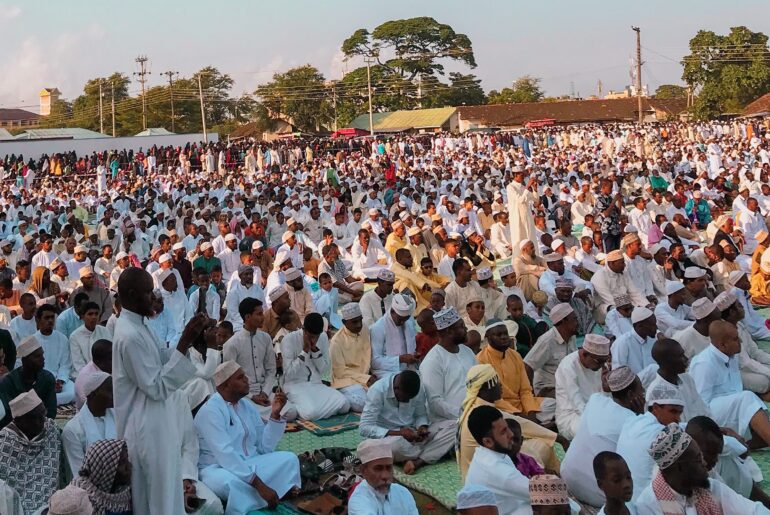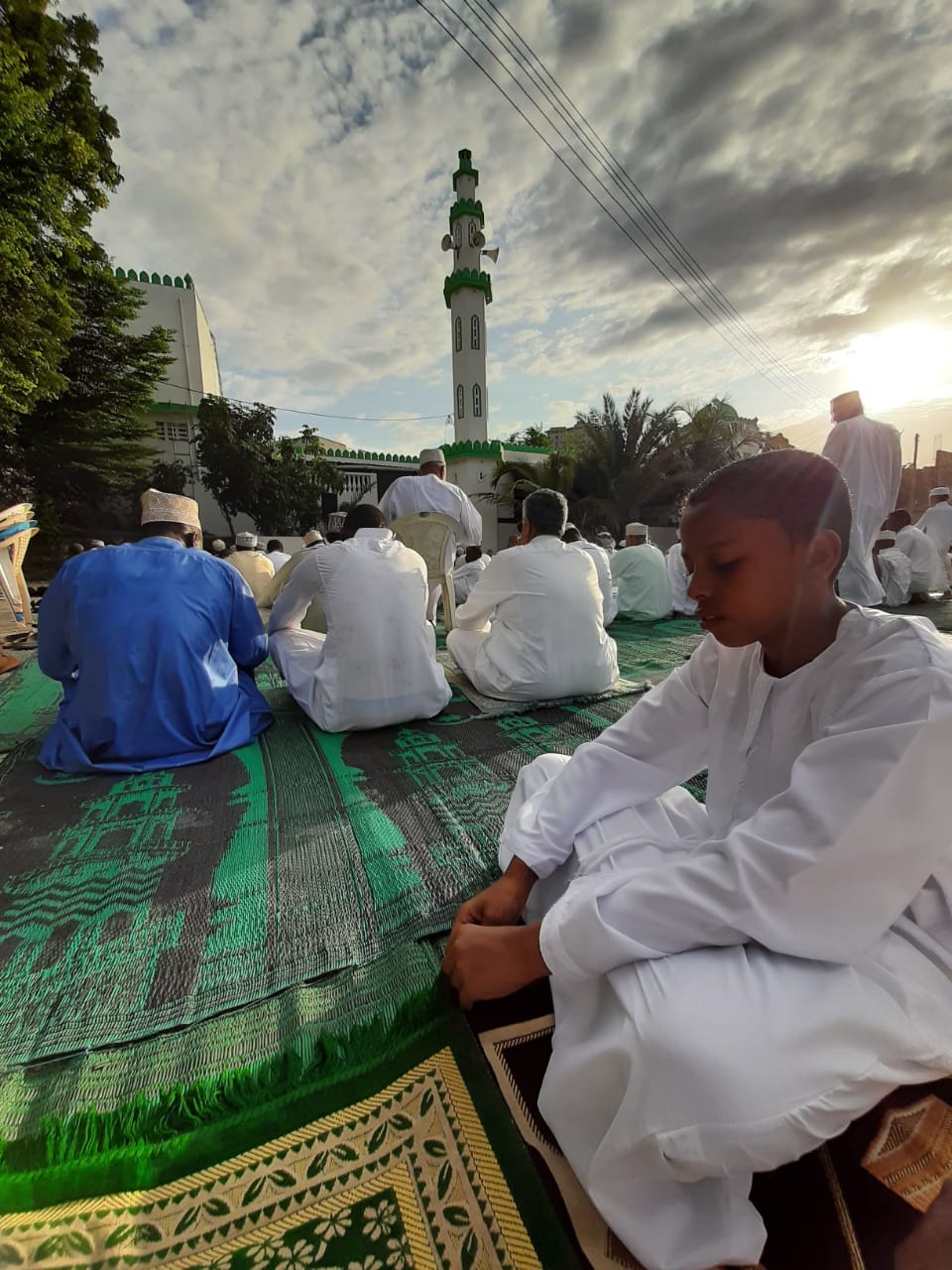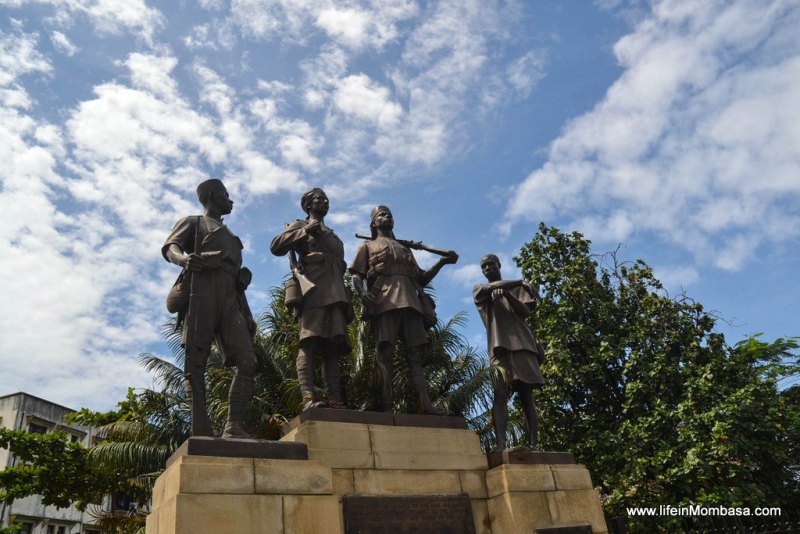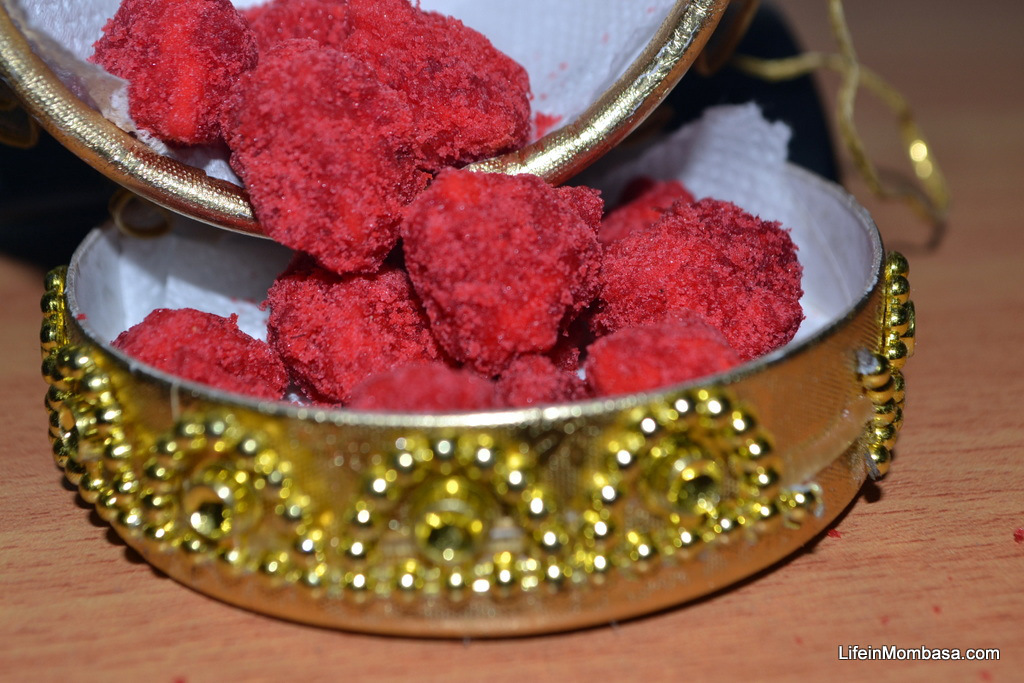To read part 2 of this series, click here
Considerations For Marriage
Please note that the whole purpose of this segment is to give you a guide on how to go about the process of choosing a spouse, not rules to be followed strictly. Life is not simply black and white and fate is very very mysterious. So many very unlikely individuals have had very successful marriages and so many who seemed well put together ended up divorced. There is no 100% guaranteed formula for a successful marriage because at the end of the day, as much as we make the choices, fate could have very different plans for us. Many things differ from era to era, case to case, individual to individual, culture to culture and context to context so please read the following with an open mind.
5. Age
They say age doesn’t really matter and over the years we’ve had individuals with huge age gaps and the opposite of that as well and still managed to have a healthy marriage. Shaykh Waleed Basyouni mentioned that sometimes when there is a huge age gap there can be a disconnection between the two. For example, right now Gen Z, they’re very different from previous generations. They are in a totally different era. They have different mannerisms, wordings, jokes, lifestyles and values that older generations might not necessarily agree with, understand or connect with. As such, it is advisable to have a smaller age gap, but if otherwise, just understand in advance how that can affect your interactions as spouses then decide whether that works for you.
6. Physical Attraction
Beauty is truly in the eyes of the beholder and one man’s meat is another man’s poison. As such, it is very important that an individual is physically attracted to the person they intend to marry. This should be based on their own opinions not what others think/feel about the individual. Some individuals have stronger chemistry and connection from the first time they meet and for others, the attraction grows over time and as they know more about the person. However, Shaykh Waleed mentioned that when considering an individual, that physical attraction shouldn’t be completely zero. There should be at least some attraction which then gives you room to grow in love with them. But if it is completely zero, then perhaps you should consider someone else. Physical attraction cannot be forced; it is a natural thing. So even if someone has very good character and deen but you feel nothing at all towards them, then you shouldn’t feel guilty to decline the offer.
I understand that sometimes the pressure from the family is a lot and they would mock your decision to decline a person you’re not physically attracted to, but at the end of the day, you’re the one who will live with this person for the rest of your life. This doesn’t mean the individual is ugly or entirely unattractive. In fact, to someone else, they could be the prettiest/most good-looking person they’ve ever seen. But you don’t see or feel it that way, and that is okay. We, human beings are like art. And art is very subjective. Each one is drawn to something different. It would be very unfair to both of you if you accepted someone you don’t feel attracted to and then spent your years wondering how it would have been if you found someone else or waited for someone you’re attracted to. You both deserve better than that. And if you’re on the receiving end of a rejection, do know that one person’s rejection doesn’t mean that you’re unattractive to everyone else. It can be as hard as it gets, but have faith that there is a person decreed for you who will absolutely love everything about you.
It is also important to note that sometimes people look very different in photos and in real life. You could be attracted by someone’s photo but when you meet them in real life, you would feel differently about them. As such, make a point to see an individual in real life before proposing.
There is also another wisdom in seeing a person before marriage because you could notice something in their mannerisms that could enhance your attraction to them or otherwise. Shaykh gave an example of a woman who was proposed to by a very good-looking and fashionable man. When he came to her home to meet the family, the man ate in such a disgusting way that the woman was immediately put off. And this happens. Sometimes people are put off by seemingly small things or what they would consider their pet peeves and reject the proposal. Please note that this does not in any way mean we should seek perfection (because that is never attainable) but rather, when it comes to physical attraction, it is entirely upon you to decide what is something you can live with and what is not.
From Jaabir ibn ‘Abd-Allaah: “The Messenger of Allaah (peace and blessings of Allaah be upon him) said: ‘If one of you proposes marriage to a woman, if he can look at her to see that which will encourage him to go ahead and marry her, then let him do so.’ I proposed marriage to a young woman, and I used to hide where I could see her, until I saw that which encouraged me to go ahead and marry her, so I did so.’” According to another report he said, ‘a young woman of Bani Salamah. I used to hide from her, until I saw that which encouraged me to go ahead and marry her, so I did so.” (Saheeh Abi Dawood, no. 1832, 1834)
From al-Mugheerah ibn Shu’bah: “I proposed marriage to a woman, and the Messenger of Allaah (peace and blessings of Allaah be upon him) said: ‘Have you seen her?’ I said, ‘No.’ He said, ‘Look at her, because it is more fitting that love and compatibility be established between you.’” According to another report: “So he did that, and he married her and mentioned that they got along.” (Reported by al-Daaraqutni, 3/252 (31, 32); Ibn Maajah, 1/574)
7. Culture
Allah Subhanahu Wataala said in Surah Al-Hujurat, verse 13: “O humanity! Indeed, We created you from a male and a female, and made you into peoples and tribes so that you may ˹get to˺ know one another. Surely the most noble of you in the sight of Allah is the most righteous among you. Allah is truly All-Knowing, All-Aware.”
Interracial/Intercultural marriages can be as beautiful as they get. They give us a chance to appreciate our different cultures and traditions. Yet when we are entering into a different culture, we should be prepared for what comes next.
We do have tribes and races that are very traditional and really uphold their culture and values, for example, Indians, Arabs, and other types of Asians. Then we have like Western cultures that are a bit flexible and more easily embrace others’ cultures. So it may be easier for an American for example to embrace the culture of their spouse. But imagine when two strong traditional tribes come together, there might be some challenges that will come about. For example, (not to be stereotypical or anything but these are just examples so as to illustrate how two different traditional individuals can merge) an Arab woman getting married to a Chinese, Indian or Mexican man. Please note that this is not to say that it can’t happen in a healthy way, it is possible. Yet when an individual is about to enter into a family of a different strong culture, it is important for them to take time to understand the other culture, calculate the risks, consider the clashes in lifestyles, gender roles and expectations and think about their willingness to adapt to that other culture.
Also, when an individual or a family states that they prefer someone from their own tribe or culture, let’s not rush to label them as ‘racist’ because sometimes, people actually prefer someone with a similar culture, so as to avoid interracial clashes. This doesn’t make them racists. By all means, we should seek what we believe will make us most comfortable. I know in Mombasa we hear people a lot of times saying in a negative tone ‘wanaoana wenyewe kwa wenyewe’ but there is nothing wrong with that (unless this is done because the said tribe feels superior or undermines others). Otherwise, if it is just based on preferences then this does not equate to racism. We have to understand, some people/tribes/cultures are open to new and different experiences, and some prefer familiarity and that is okay too.
The question then comes, where do we draw the line between personal preferences and racism/colorism?
Personal preference in the case of marriage is when an individual, for example, is attracted to a certain skin tone, or certain physical features that are mostly found in a certain tribe/race. So it is okay for someone to say I would love to have a dark wife or a fair husband or a wife from this tribe. In its original sense, this is very natural. Each individual loves different features and sometimes these features are predominant in a certain tribe.
Racism/Colorism is when an individual discriminates against certain people because of their race or color. Like when someone says, ‘I would never marry a dark-skinned man or I would never marry from this tribe’ in a tone that insinuates that anyone with dark skin or from this particular tribe can never be beautiful. It could also mean, this individual has classified an entire group of people based on race or color to show them as unattractive. That is undermining the tribe/race/color, and this is what is wrong.
I know racism is as real as it gets and I will not in any way try to sweep it under the rug. However, let’s not be quick to judge others’ intentions and classify them as racists.
Additionally, we have to be careful about how we show or talk about our preferences. As much as each individual has a right to have personal preferences about certain tribes, skin tones and even body types, we have to be sensitive not to sound degrading to those with features other than what we prefer. For example, (and this is very common), someone could say they prefer petite or slender women, and that is very okay. However, some go ahead and explain why they don’t like women who are curvier or why ONLY petite women can be attractive. Some are even insensitive enough and say such comments in front of curvier women or on social media platforms. This is very inappropriate and just wrong. We’re human after all, and we need to treat others with kindness regardless of our opinions.
8. Financial stability
Marriage is of course a huge responsibility and the man becomes responsible for the maintenance of his wife and family.
A hadeeth was narrated by al-Bukhaari (5066) and Muslim (1400) from Ibn Mas‘ood, who said: “We were with the Prophet (blessings and peace of Allah be upon him), young men who had nothing of wealth. The Messenger of Allah (blessings and peace of Allah be upon him) said to us: “O young men, whoever among you can afford it, let him get married, for it is more effective in lowering the gaze and guarding one’s chastity. And whoever cannot afford it should fast, for it will be a shield for him.”
This hadith means that if a young man can afford the cost and duties of marriage, he should hasten to get married and protect his chastity. Naturally then, when choosing a spouse, the families ask about the man’s work and income in order to identify whether he can take his responsibilities as required. This thus is an important factor to consider.
Yet still, on the other hand, this does not in any way mean that one has to be super wealthy to be married. It doesn’t mean either that if one is poor they shouldn’t get married. Allah, may He be exalted, says: “And marry those among you who are single (i.e. a man who has no wife and the woman who has no husband) and (also marry) the Salihoon (pious, fit and capable ones) of your (male) slaves and maid-servants (female slaves). If they be poor, Allah will enrich them out of His Bounty. And Allah is All-Sufficent for His creatures needs, All-Knowing (about the state of the people)” [an-Noor 24:32].
As indicated here, “Poverty in and of itself is not an impediment to marriage if the husband is religiously committed and believes sincerely in his Lord, and the woman is likewise. If a person sincerely puts his trust in Allah, wants to keep himself chaste, and seeks that which is with Allah of bounty, there is the hope that Allah will help such a person and grant him provision from His bounty. At-Tirmidhi (1655) narrated, in a report which he classed as hasan, from Abu Hurayrah, who said: The Messenger of Allah (blessings and peace of Allah be upon him) said: “There are three whom Allah is bound to help: the mujaahid who strives (in jihad) for the sake of Allah, the mukaatib (a slave who has made a contract of manumission with his master) who wants to pay off his manumission, and a man who gets married, seeking to remain chaste.”. It was classed as hasan by al-Albaani in Saheeh at-Tirmidhi.
As such, these cases vary according to people’s situations and customs.“
***
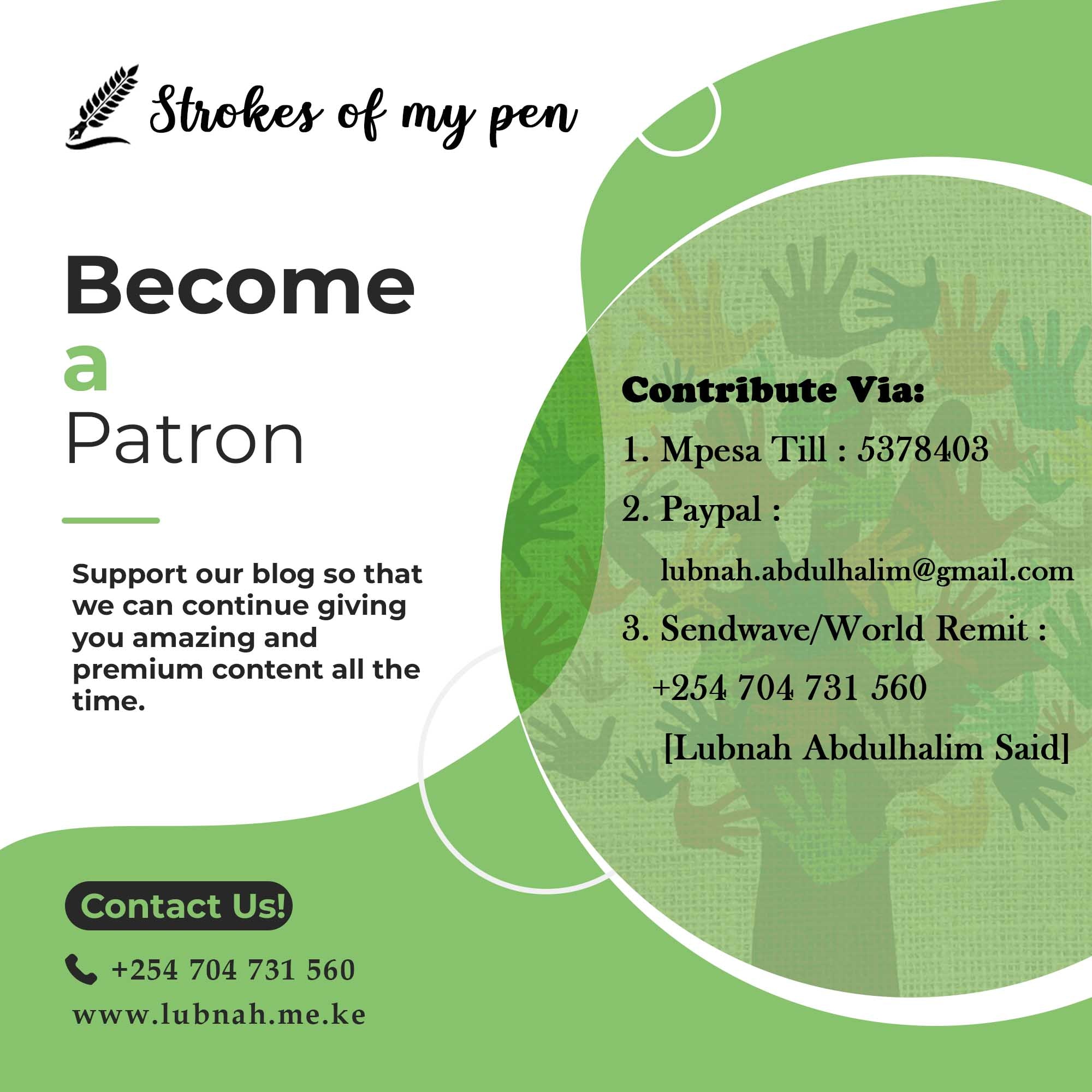
Sources:
‘Fiqh of Love’ course by Al Maghrib Institute
Islamqa.com
*
Thank you for reading, I pray this was beneficial. Please stay tuned for part 4 as we delve into the questions to ask potential spouses, identifying red flags and involving Allah Subhanahu Wataala in the entire process.





